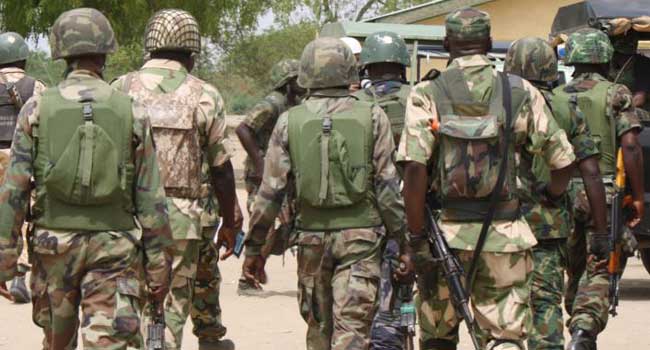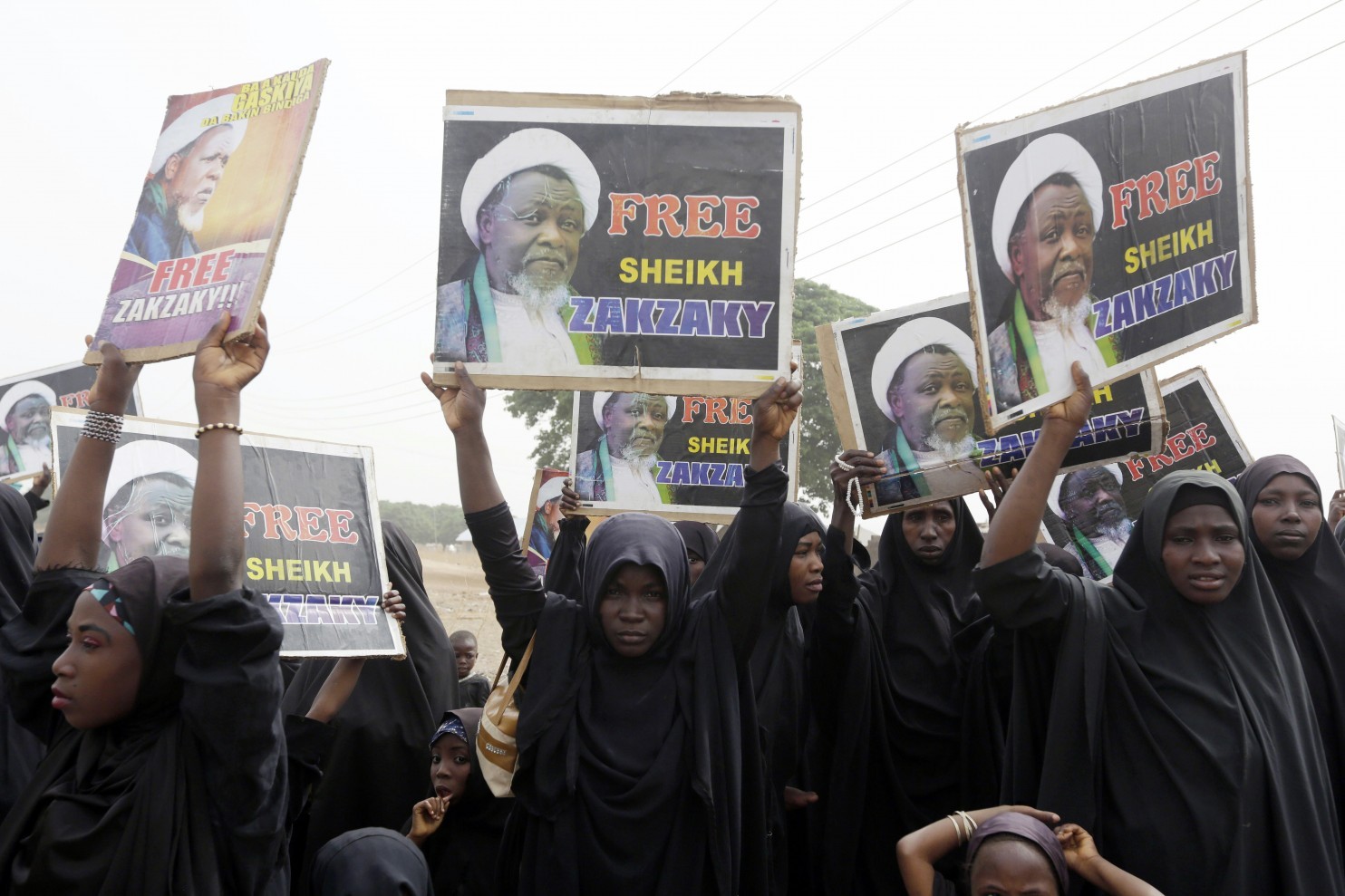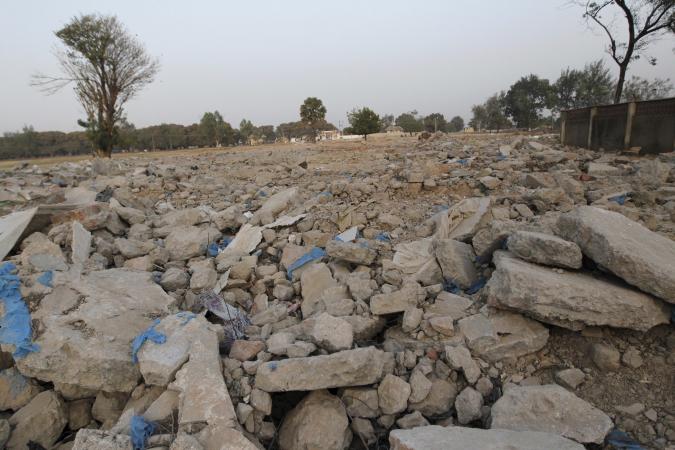
YOLA, Nigeria – As many as 10 people were killed on Wednesday when security forces clashed with Shiite Muslims attending a religious ceremony in northern Nigeria, one witness said. Officials said they could not confirm any deaths.
The violence occurred in Funtua, Katsina state, as hundreds of Shiites defied a ban by local authorities to gather for Ashoura, a holiday marking the martyrdom of the Prophet Muhammad’s grandson.
“They just opened fire on us, unprovoked, and already 10 have been killed. Their corpses are here lying on the ground,” Hussaini said.
Katsina police spokesman Salisu Abubakar Agaisa said the deaths were unconfirmed but noted that security forces were authorized to break up Ashoura gatherings.
In addition to the clashes in Katsina state, mobs were reported on Wednesday to have attacked Shiite gatherings in the northern cities of Kano and Kaduna.
Nigeria is almost equally divided between Christians and Muslims, most of them Sunni. Tensions with the Shiite population are high after the army gunned down more than 300 people in an attack last December on the headquarters of a Shiite group in Kaduna state.
A Kaduna state commission of inquiry recently said the Islamic Movement in Nigeria, a Shiite group, was responsible for provoking the attack, which it said began with a blockade that halted the convoy of Nigeria’s army chief. The group’s leader, Ibraheem Zakzaky, has been in custody since December. Last week, Kaduna officials declared the group to be unlawful, and on Sunday they ordered the arrest of its spokesman.


